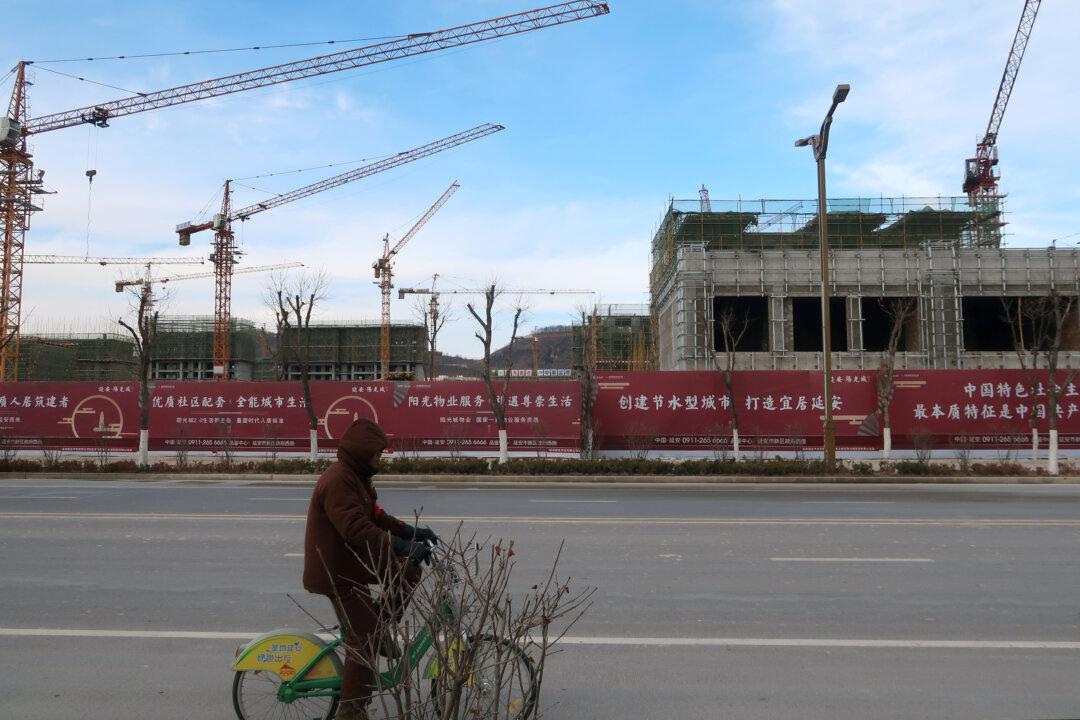As of the end of March, a number of real estate companies in China have announced that they will postpone the release of their 2021 annual results and therefore cease trading in their shares as of April 1. Experts believe that the downward trend of China’s real estate market will exacerbate financial pressure on the regime as well as bank loan repayment risks.
Leading real estate companies such as Sunac China (01918.HK) and Fantasia Holdings (01777.HK), which said it would “not lie flat,” announced that they would postpone the release of their 2021 results. On March 28, Sunac China Holdings Ltd. announced that it would not publish its 2021 unaudited annual results and would publish its audited 2021 results “as soon as practicable.” Sunac China’s reasons for the delay include the uncertainty arising from the extension of domestic public debt. A debt rollover is an agreement between a debtor and a creditor to postpone the payment date of a debt claim as it becomes due.





